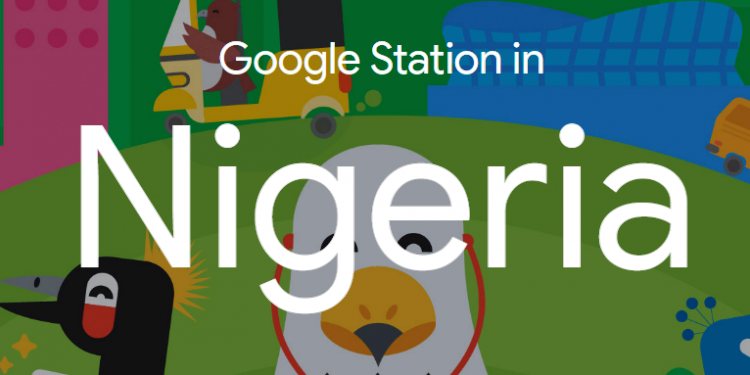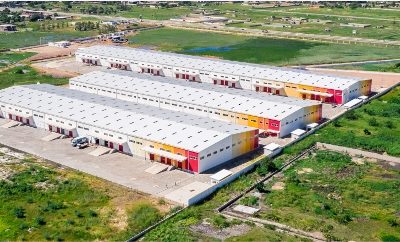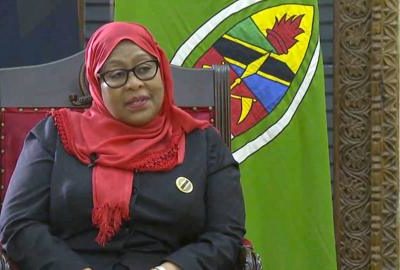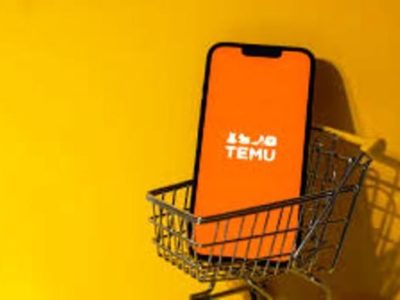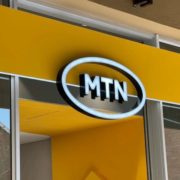By Nwakaego Alajemba
Google Station – free Wi-Fi service – is here in Nigeria. Here are some takeaways to enlighten you on how it works.
- Google Stations will include malls, airports, schools, and other locations with a mass of people.
- Four Google Stations are already functional in Lagos: Ikeja City Mall, MMA2, Lekki Palms Mall, and University of Lagos (Unilag) – More stations will emerge in the months ahead.
- Before the end of 2019, there will be about 200 Google Stations in five additional Nigerian cities: Abuja, Port Harcourt, Kaduna, Enugu, and Ibadan. More will follow driven by success and market.
- This is the BOMB! Google Station offers users free 30 Mbps compare to the miserly 1.80 Mbps – 2 Mbps that existing free Wi-Fi services offer in Nigerian airports,hotels, etc.
- Its Freebies alright but users are the market that Google is leveraging on to make some good money. This is how it is modeled: More people using free Wi-Fi service allows Google to monetize the process via local advertisers also allowing revenues to be shared with technical partners of the Google Station. It’s the death kneel for old advertisement model. Well, Google is following the market.
- Who will benefit? Everyone! Public spaces including schools may now begin to remodel their open spaces to allow for those long benches ubiquitous as seats for free Wi-Fi users. SMEs will also benefit; huge savings in internet access and a sweet escape from Nigeria’s costly internet services. In Lagos for example, about 40% SMEs may directly make huge savings in their annual budget on internet access.
- Nigeria joins four other countries with Google Stations. They are Indonesia, India, Thailand and Mexico. This means a huge number of the population in each of these countries will be able to access free cheap internet. More Internet-enabled citizens will drive businesses by no less than an extra 30% marginal growth.
- As Google Station gathers momentum across Nigeria, it will bring public Wi-Fi closer to a huge number of people and communities and expand opportunities for governments and private individuals to get smart, deploy smart solutions, and get more connected to digital services. For example, expect system integrators and solution providers in cities like Abuja, Kaduna and Ibadan to emerge to deliver smart digital services including smart digital libraries, smart security and smart lighting and even smart waste management. Small urban communities in Port Harcourt, Lagos can deploy smart public libraries by leveraging on the availability of free Wi-Fi.
- Beware! Free Wi-Fi comes with a great danger. It’s an open space leaving hackers with easier leeway to access your personal data. Free public Wi-Fi hotspot presents an eternal danger. It is unsecured and carries a greater risk of hacking; the hacker may simply position himself between you and the connection point – meaning you are connected directly with the hacker not the hotspot. One fact is sure: there will be a great rise in hacking incidences. All good things come with a price!


